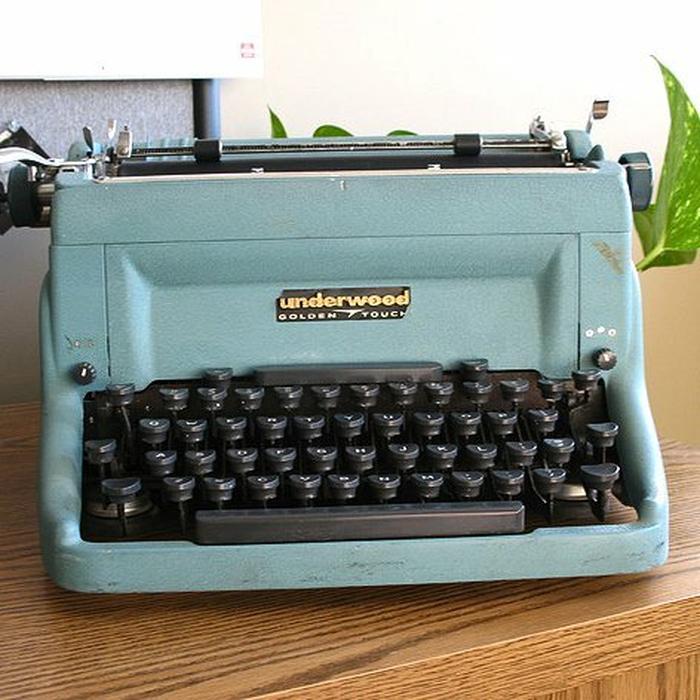
Every 365 days, Mother's Day rolls around, and sadly, I look upon it with dread. I lost my beloved mom 25 years ago to a historic hotel fire that took place on New Year's Eve in San Juan, Puerto Rico. My mom, who loved to play the slot machines, happened to stop at the hotel just an hour before it was torched by an angry employee. Ninety-seven people perished on that horrific last day of 1986, a time before the Internet, personal computers, voicemail, email, smartphones, and social media.
Fast forward to today: A time when every waking thought is shared millions of times per day, where Mother's Day is shouted at the top of mountains for all of us to drown in. Fortunately, as a particularly optimistic and spirited soul, I honor my dear friends who are mothers, as well as their moms, sisters, and aunts. This has always been my saving grace and helped me get through the noisy holiday.
But this year, I decided to look inward to see what my mother, a communicator in her own right, bestowed on me. It’s no coincidence that I ended up in a similar field, helping corporations, NGOs, and advocacy organizations communicate their messages.
My mom was a career public relations professional, working for several public TV stations, and she had a stellar reputation as a PR person with a big heart. Her career started in the 1950s when she became a PR manager at Boston's Deaconess Hospital. Following her marriage to my father, she supported him during his doctorate studies at Columbia University by managing PR at the beloved New York Public Library. (Years later after her death, my father would always comment on those famous lions gracing the entrance to the building, even during the Spiderman movie series). Once he landed his first professorship, she left her career to raise her three children.
Unlike many moms in the 1970s, she went back to work before her youngest (me) was in college and left me to fend for myself after school. I didn't know what PR meant—nor did I care. I was 9, then 11, and finally 16 before I had somewhat of a sense of the work she did each day.
 It wasn't until my university years, though, that I finally could appreciate her skills. I was in awe over how well she could mastermind a press conference, a public opening, a party, or a ribbon cutting. Somehow, she orchestrated massive networks of media and friends and brought together people who could find some semblance of commonality—using just the old-fashioned telephone, a typewriter, hand-written notes, and an uncanny ability to really "know" people.
It wasn't until my university years, though, that I finally could appreciate her skills. I was in awe over how well she could mastermind a press conference, a public opening, a party, or a ribbon cutting. Somehow, she orchestrated massive networks of media and friends and brought together people who could find some semblance of commonality—using just the old-fashioned telephone, a typewriter, hand-written notes, and an uncanny ability to really "know" people.
She had a way of making even the utmost stranger feel at ease with one other. Whenever she would travel, she would very thoughtfully and strategically return with special tokens for various news reporters and writers. For instance, during her regular NYC visits (we lived in the suburbs of Albany), she would come home bearing Molinari sausages and the finest Russ & Daughters smoked salmon she could find, and then deliver them to the hungry souls at the Albany Times Union or Schenectady Gazette.
It was no wonder that her memorial service, held during a blizzard in upstate New York, was standing room only.
So, today, I wonder—what would she make of today's 24-hour news cycle, our rapid-fire communications exchanges, the rise of Facebook, Pinterest, Twitter, Tumblr, and so many other networks? On one hand, I know she would love and embrace them, as they’ve become requirements in today's massive news and media worlds. But somehow—and perhaps it’s just a fantasy of mine—I think she would still probably put more emphasis on her old-fashioned people skills rather than shooting out tweets and pinning favorites.
Perhaps, there’s a lesson for all of us here, and one that I'm trying to remember on a daily basis. These tools are just that—simply tools. They won't ever replace the age-old and vital engagement that is a human discussion—a real phone conversation, a personal interaction, a touch, or a hug.
It’s food for thought today, as we all start sending out our Mother's Day wishes over Facebook, then quickly move on to sharing jokes that we heard on The Daily Show. And it’s also wisdom to carry with us each and every day. We can’t let technology or simulated online connections replace the very act of true interaction—as friends, colleagues, students, parents, and partners.